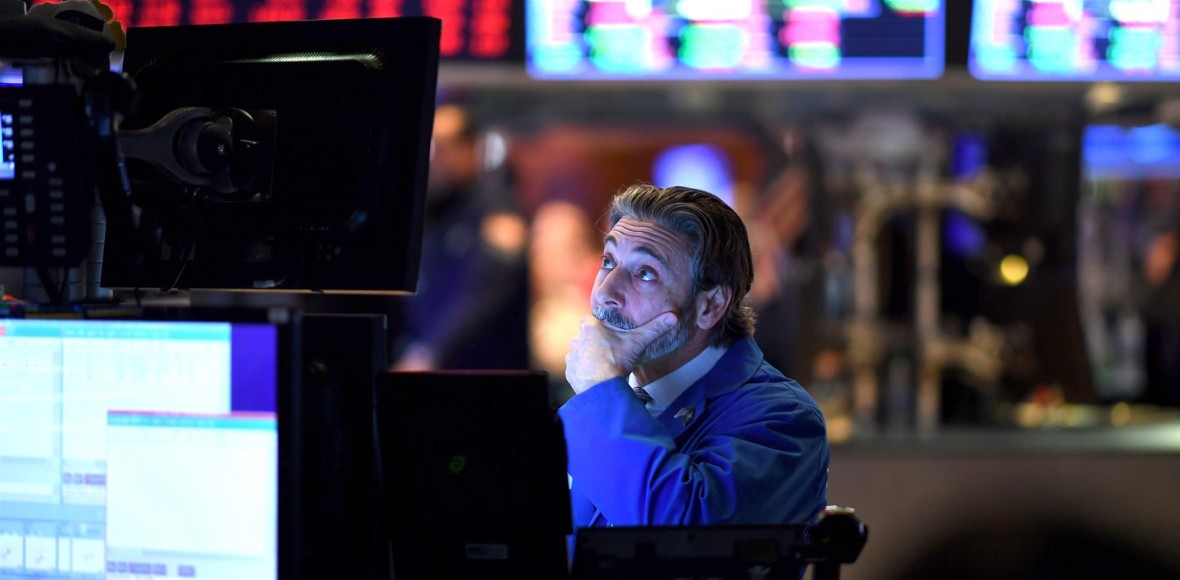
Equities continued their weeklong drop on Friday, following an across-the-board fall in Asian and European markets as coronavirus news continued to weigh on investor sentiment.
The market on Thursday officially entered correction territory when it dipped 10 percent below its high. Although this was the sharpest slide since the financial crisis — and the largest one-day point loss for the benchmark Dow Jones Industrial Average in history — market experts and wealth managers say the first thing investors should do is take a deep breath.
“It doesn’t surprise me that markets are down this morning. Institutional traders are probably not inclined to hold risk over the weekend, given that the overall environment is changing so quickly,” said Darrell Cronk, chief investment officer at Wells Fargo Wealth and Investment Management.
The conventional wisdom that retirement savers with a medium- to long-term time horizon should stay the course and ride out the gyrations remains true: A record-long bull market and sustained period of low volatility might make this week’s fall come as a shock, but investing pros say knee-jerk selling remains a mistake.
Corrections generally recover in an average of about four months, and experts point out that the economy is still generating some positive economic metrics: Personal income in January jumped by 0.6 percent, higher than anticipated, and household spending, while slowing, still grew in line with expectations. Mortgage rates — considered an important bellwether because of the amount of economic activity driven by home-buying — hit a three-year low.
“If you’re in the stock market, you should have a long-term horizon,” said Mark Zandi, chief economist at Moody’s Analytics. “We’re now in fear mode, but it can quickly turn around. Late 2018 is a pretty good case in point. It’s a lesson not to get caught up in the emotion.”
Zandi added, though, that investors likely haven’t seen the worst yet, given the growing spread of coronavirus and the many questions surrounding its transmission and fatality rates. “This suggests it’s going to be highly disruptive to the economy. A 20 percent decline would not be out of the question… but that still doesn’t mean you go out and sell,” he said.
The low-interest rate environment and minimal returns from fixed-income investments — yield on the 10-year Treasury note hovered barely above 1 percent on Friday, a record low — means that investors seeking returns have limited earnings options elsewhere.
“That’s why people are hanging on in equities. There isn’t an obvious place to go,” Zandi said.

